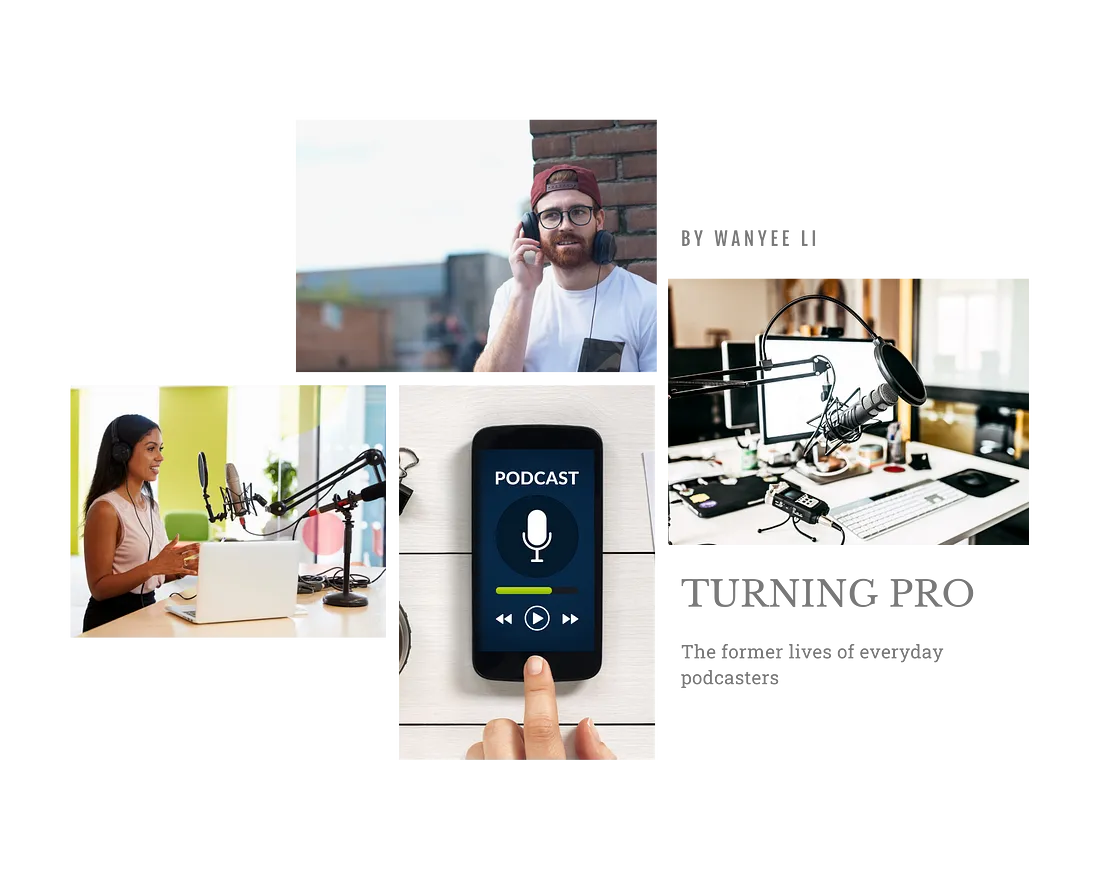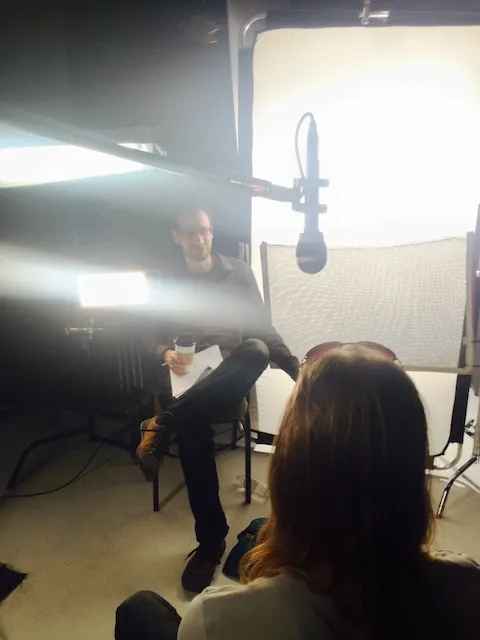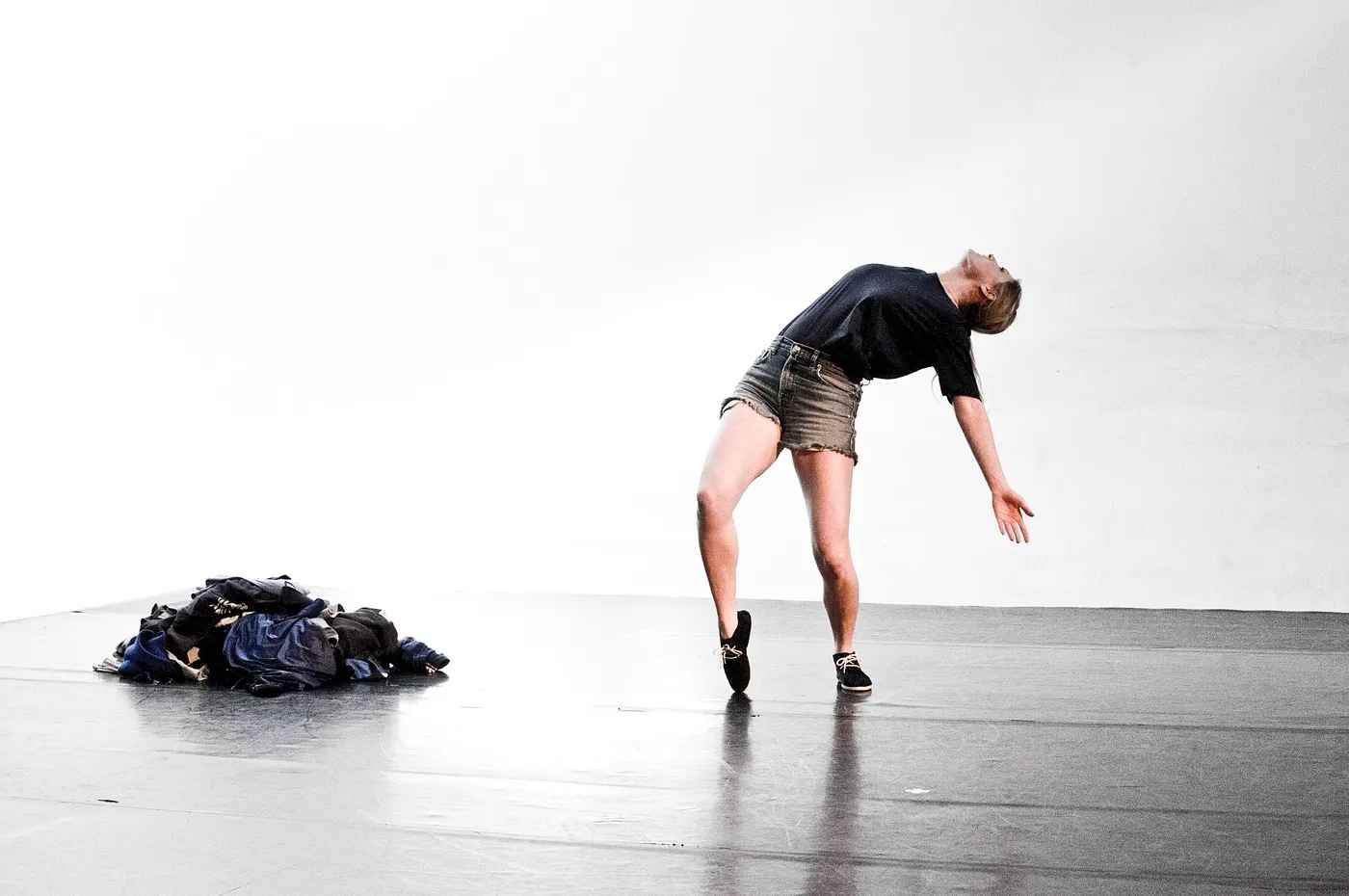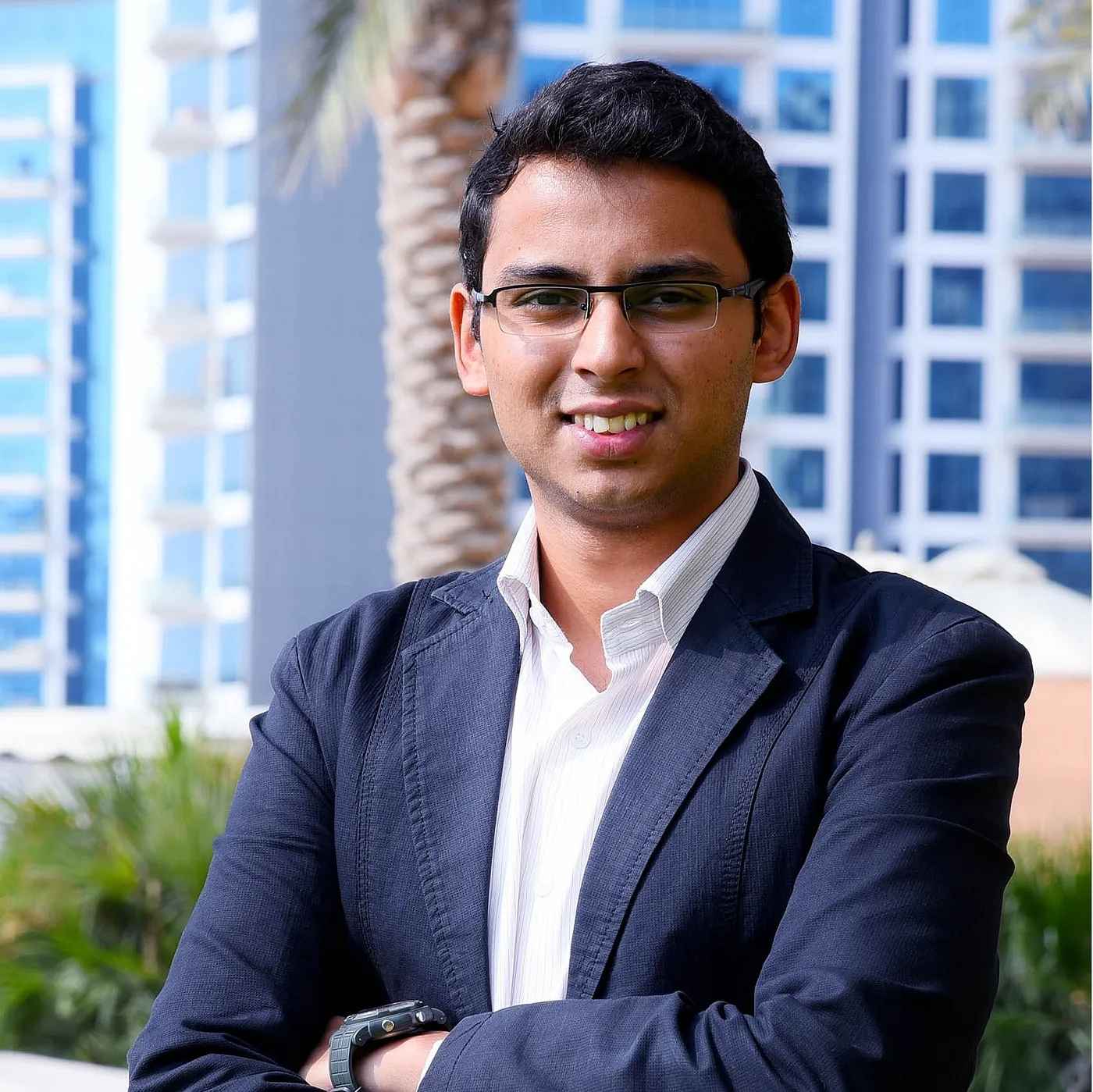Turning Pro: The former lives of everyday podcasters

Sometimes the extra oomph that makes a podcast awesome comes from the most unexpected places.
Melanie Green, host, and producer at Pacific Content, worked as a server and manager in the restaurant industry for a decade before starting a new career in media.
“I used to be so ashamed of that job and I did it for so long, up until I was 29. Now that my life’s changed and I have a career, I am so deeply grateful for it,” she told me.
We were chatting on the phone. I had asked if I could ‘interview’ her for a blog post I was writing about how the wide-ranging paths we took help us make compelling podcasts at Pacific Content.
She — and several other colleagues — generously agreed to indulge me.
“As an introvert, having to host this year was actually really terrifying for me, so I went into server mode,” said Mel. Her most recent restaurant job was at Kissa Tanto, named Canada’s Best New Restaurant in 2016.
“And what I mean by that is I knew I had to connect with people. I don’t think working in news gave me that. I don’t think working in podcasts gave me that. I think serving tables gave me that ability.”
More than a quarter of Americans are now weekly podcast listeners — a big jump from 2013, when only seven percent said they had listened to a podcast in the last week, according to the latest Infinite Dial Report. And the podcast industry is growing to meet this rising demand.
Many people who make podcasts come from radio — after all, that’s where you’d find the most transferable skills, or so I thought. But like many creative spaces, podcasting is a rewarding place to work for people with all sorts of backgrounds. At Pacific Content, we have actors, dancers, reality TV producers, and musicians, to name a few.
I landed at Pacific Content after working as a reporter in the daily news cycle for six years — most recently at the Toronto Star.
Sure, I can write breaking news stories on deadline. Sure, I can interview experts and distill many pages of complicated information into digestible language. Sure, I have developed a good instinct for what makes a compelling story.
Turns out these skills translate nicely at Pacific Content, where I help develop story ideas and interview guests.
But many of my colleagues came from other industries. What kind of skills did they bring with them? I wanted to know, so I asked.
“Well, we’re basically making theatre.”
I was taken aback by fellow producer Pippa Johnstone’s words.
She started listing the many ways her four years as an actor and director have helped her make podcasts.

Writing.
“There is so much about writing an episode that is not unlike writing a play,” she said.
Hosting.
“It’s a lot like directing. You’re trying to elicit a performance from someone else that is quite specific.”
Interviewing.
“When acting, you have your character brain that is in the scene, but you also have 20 percent of your brain that is remembering not to walk off the stage. In an interview, you’re a person having a conversation, but the other 20 percent of your brain is in producer mode — I need this piece of tape, I need them to say these words.”
I nodded as she explained her approach. This would make a good quote for the blog post, I thought to myself.
For others, making the jump to podcasting was a “delightful” and “liberating” experience.
“Television is… I say this respectfully to television… a deeply stupid medium. It’s incredibly surface level,” said Geoff Siskind, who leads program development at Pacific Content. In a previous life, he was a writer and producer on several reality TV shows including Storage Wars and Canada’s Worst Driver.

“There is a depth in audio storytelling that you don’t get with television,” he told me.
“It’s a more intelligent conversation. It’s often an authenticity of emotion that you don’t get with television. It can be less manipulative than television. It’s honest, sometimes quiet, and beautiful storytelling that you just don’t get in TV.”
Mark Angly, a sound designer at Pacific Content, agrees.
Before arriving at Pacific Content, he was a re-recording mixer for film and television, working on projects ranging from independent films like Edge of the Knife — the first feature-length movie filmed in the Haida language — to Netflix’s Snowpiercer.
“Working in movies and TV, a lot of the time, you’re competing for attention. You’ve got to fight to get this line of dialogue heard over big music, big action,” he said.
“With podcasting, you don’t have to fight or compete. You have to be a lot more intentional with how you use sound. Storytelling in podcasting is less about fighting to get over something and more about building sound that supports whatever is happening.”

Brittany Duggan is a contemporary dance artist, who you may have seen perform at Toronto International Film Festival and Nuit Blanche events. She was also a dance critic for about 10 years before making her way into podcasting.
Now a showrunner at Pacific Content, listening to a mix of an episode and providing feedback on the writing and sound design before a show drops is a big part of her job.
She says she often draws from her time as a dance critic.
“You’re looking at every part of the dance — music, sound, lighting, costumes, in addition to the movement or the choreography and the interpretation. As you’re taking it all in, you’re thinking what’s working, what’s not, and why.”
Now, it’s easy for her to put herself in a critic’s shoes again.
“For dance, that’s what you’re asking yourself,” she said. “How has this idea or story evolved and am I there with you, did I follow you all the way throughout this journey?”
Pacific Content story producer Rehmatullah Sheikh worked at a public relations agency in the United Arab Emirates for three years, handling multiple clients at a time.

The experience made him unafraid to pick up the phone.
“I had to do a lot of cold calling. I couldn’t drop an email and expect them to reply. Because the nature of public relations in Dubai is that there are 10 agencies to one journalist. For me to ensure they got my email and also to build a relationship with the journalist, I’d often have to literally call them.”
He said thanks to his experience in public relations, he has no problem reaching out to potential podcast guests over the phone to convince them to agree to an interview.
“Millennials and Gen Z, apparently we don’t ever call or something. But for me, calling is actually the first thing that comes to my mind,” he said
So. Maybe you’re considering joining us in making podcasts. Maybe you have no experience in podcasting. Maybe you have no experience in audio, at all.
What should you do? After all, leaving one industry for another is no small thing.
“When you work in theatre, it feels like a heartbreaking loss to leave that field. I remember, as an actor, when a friend leaves the industry, you think, ‘oh that’s too bad,’” said Pippa.
But it doesn’t have to feel like “closing the door” at all, she said.
“Theatre is a beautiful industry because you’re in the room collaborating with a bunch of like-minded individuals who are all bringing the best of themselves,” she said.
“When podcasting can be like that, it’s awesome.”
Mel has one piece of advice for people who are unsure about making the jump.
“I never imagined I would be here a year ago, and ‘server Mel’ could have never imagined that this is my life now,” she said.
“Who cares if you don’t believe in yourself — just do it.”
Sign up for the Pacific Content Newsletter: audio strategy, analysis, and insight in your inbox.
